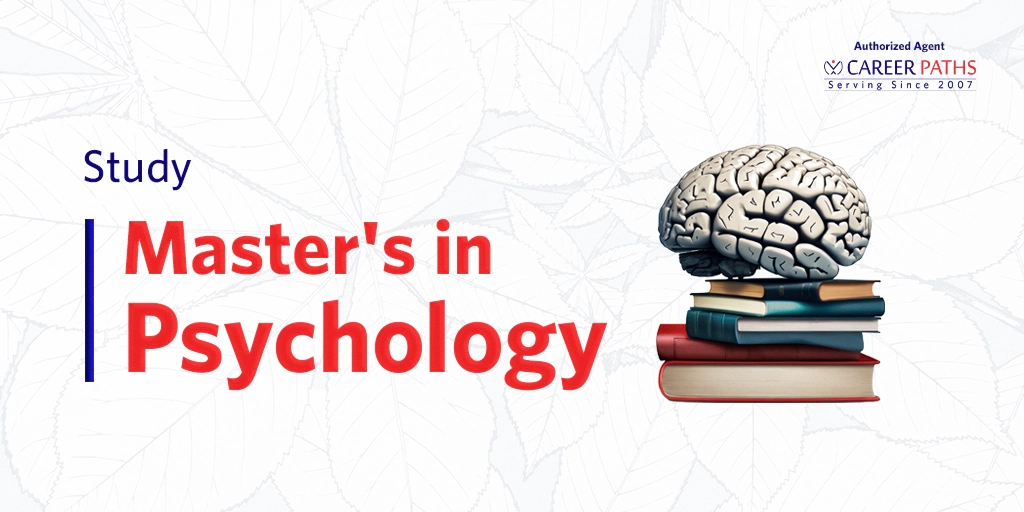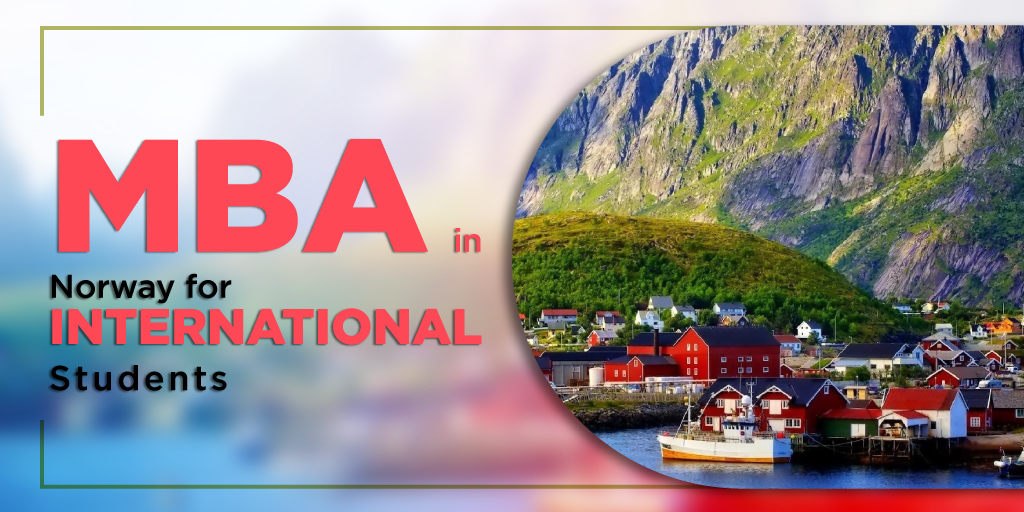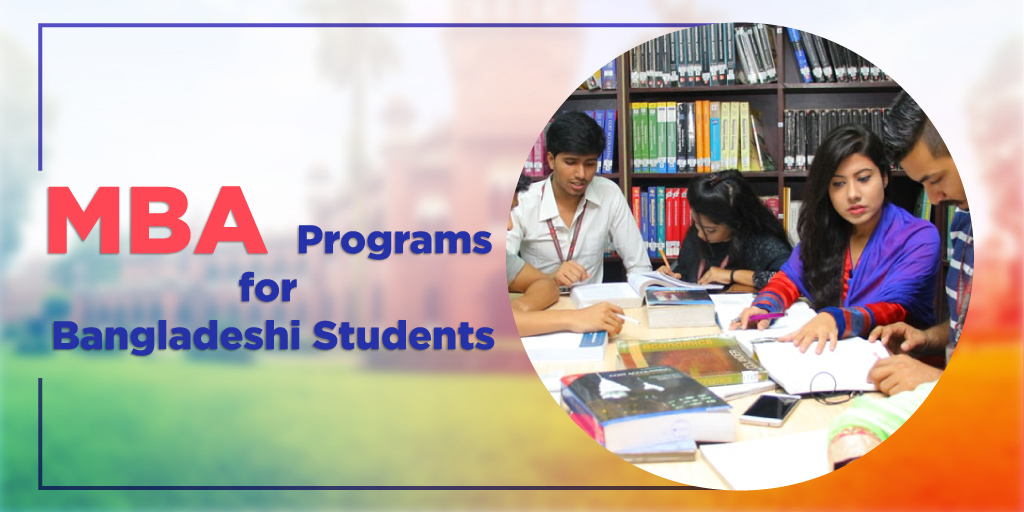
Studying psychology brings a new adventure to students, as it is interconnected with the human psyche, demonstrating an easy route to understanding human diversity and development, developing conceptual reasoning, and exploring the fascinating world of the unconscious. Everyone is distinctive in their psychological structure; not everyone thinks and feels the same way, and countless perspectives exist to look at the world, which will appear as an eye-opener, not to judge others for being different. It will also give an exposure to the main developmental stages and what individuals demand at each particular stage, and how early developmental stages influence later life and behavior. Mental state holds a sovereignty not entirely dictated by external experience, although it is influenced a lot, and psychology sheds light on why we behave the way we do in stressful or specific conditions. Therefore, it’s an excellent subject to study.
Studying Psychology at IMU University in Malaysia has some distinctive features, which can help graduates in their professional lives, as well as their personal lives. It maintains a holistic learning process that prepares students both theoretically and practically. Students experience empirical learning opportunities through research, projects, and hands-on experiences. Deeper discussions in small classrooms and close connections with lecturers make the learning process more engaging and encouraging. Another merit is critical thinking, which is a must for every student due to the program’s structure. Free counselling services, well-designed study spaces, lively campus, events, and activities almost every week make learning practical-oriented and encourage connection and growth. Finally, its culture of curiosity and innovation inspires students to be proactive learners and problem-solvers.
With a Bachelor’s in Psychology, students just start a base camp at the foot of a magnificent mountain. Here, they gather the crucial elements and learn the fundamentals, and get the broad picture of major disciplines such as clinical, cognitive, social, developmental, and biological psychology, and gain ground on the language of research, understand ethics, and comprehend human behavior. Throughout a Master’s degree, they achieve specialization and become an expert.
Why Study Bachelor of Science (Hons) in Psychology at IMU University?
1. Curriculum benchmarked to international standards. The curriculum is drafted in accordance with high international standards and has been recognized internationally for further specialization at the graduate level.
2. Dedicated individual attention from Lecturers. A pedagogical commitment to small group instruction brings personalized attention that enhances the teaching and learning activities for all students.
3. Build a future in the healthcare professional network
4. Pathways towards postgraduate specializations in psychology. Students are well-equipped to specialize in psychology at a graduate level. The rigorous training brings a heavy conceptual groundwork, whereas numerous opportunities are available to apply practically whatever theories and concepts you learn.
5. Credit transfer opportunity to the University of Newcastle and the University of Strathclyde.
6. IMU’s psychology graduates are efficient in understanding health behavior from an inclusive and factual perspective.
Why Study the Master of Clinical Psychology and the Master of Counselling at IMU University?
1. Multidisciplinary learning and Collaborative Practice: Students will work alongside numerous healthcare professionals in a multidisciplinary environment to deliver collaborative care to clients.
2. Comprehensive curriculum: The curriculum includes the elements that are significant for measuring psychological assessment, diagnosis, and psychological intervention.
3. Serving the community: To enhance learning, students can engage in IMU Cares Community projects related to mental health activities, such as counseling, psychoeducation, assessments, and other activities.
4. Platform to practice: Platforms like IMU Healthcare Clinics and centres are available to students for practical experience, where they are assigned to work with close supervision by qualified clinical psychologists and other mental health professionals.
Psychology and Counselling Learning Centre (PCLC)
The objectives of this centre are to equip students with essential skills to perform as effective mental health professionals and provide mental health services to the community. It offers free counseling services, where students can work as trainee counselors, clinical psychologists alongside the guidance of registered professionals and develop their skills.
Entry Requirements for Master in Psychology
Level | Academic Requirements | Language Requirements |
Foundation in Science/Arts | GPA 2.50 and a minimum of 50% marks in Mathematics and Science, and at least 40% marks in English at SSC. | IELTS overall band score of 5.0 |
Bachelor of Science (Hons) in Psychology | At 50% marks in two relevant subjects in HSC/ A Levels and a minimum of 50% marks in Mathematics and Science, and 40% marks in English at SSC/O-Levels. | IELTS overall band score of 5.5 |
Master of Clinical Psychology | A Bachelor’s degree of at least 3 years duration in Psychology or its equivalent with a minimum CGPA of 2.75 out of 4.00. A CGPA below 2.75, but not lower than 2.50, may be subjected to rigorous internal assessment. | IELTS band score of 5.0 |
Master of Counseling | A Bachelor’s with a minimum CGPA of 2.75; or a minimum CGPA of 2.00 to 2.74, with or without previous industry experience, is subject to rigorous internal assessment. | IELTS overall score of 5.0 |
Tuition Fee Structure
Program | Application Fees | Tuition Fees |
Foundation | RM 500 | RM 30,900 per year |
Bachelor of Science (Hons) in Psychology | RM 500 | RM 114,000 total |
Bachelor’s with credit transfer to the University of Newcastle | RM 500 | RM 57,000 total for 4 semesters + AUD 42,520 total for the remaining 4 semesters |
Bachelor’s with credit transfer to the University of Strathclyde | RM 500 | RM 84,500 total for 6 semesters +GBP 21,550 total for the remaining 4 semesters |
Master of Clinical Psychology | RM 500 | RM 84,000 total |
Master of Counseling | RM 500 | RM 67,500 total |
Course Duration
Program | Duration |
Foundation | 1 year |
Bachelor of Science (Hons) in Psychology | 3 years (IMU), 3-6 (partner universities) |
Master of Clinical Psychology | 2 years (full-time), 4 years (part-time) |
Master of Counseling | 2-5 years (full-time), 4-8 years (part-time) |
Program Structure of the Bachelor of Science (Hons) in Psychology
First Year
1. Introduction to Psychology
2. Quantitative Research Methods 1
3. Developmental Psychology
4. Personality Psychology
5. History of Psychology
6. Quantitative Research Methods 2
7. Biological Psychology
8. Psychology of Learning
9. Industrial-Organizational Psychology
10. Social Responsibility
11. Social Psychology
12. Ethics in Psychology
Second Year
1. Qualitative Research Methods
2. Psychological Testing and Assessment
3. Cognitive Psychology
4. Abnormal Psychology
5. Academic Skills 1
6. Cross-Cultural Psychology
7. Clinical Psychology
8. Motivation and Emotion
9. Final Year Project 1 (Phase 1)
10. Academic Skills 2
Third Year
1. Final Year Project (Phase 2)
2. Industrial Exposure
Program Structure of the Master of Clinical Psychology
1. Adult Psychopathology
2. Child and Adolescent Psychopathology
3. Psychological Assessment
4. Psychotherapy 1
5. Psychotherapy 2
6. Clinical Neuropsychology
7. Crisis Intervention and Addiction
8. Intermediate Research Methods and Statistics
9. Cultural Diversity, Ethics, and Professionalism
10. Research Project 1, 2, and 3
11. Practicum 1, 2, and 3
12. Psychopharmacology
13. 3 elective modules from Groupwork, Play Therapy, Grief and Bereavement Counseling, Theory and Practice in Family Therapy, Systematic Therapy for Couples and Family.
Program Structure of the Master of Counseling
1. Human Development across the Lifespan
2. Theories of Psychotherapy
3. Theories of Career Counseling
4. Ethical and Professional Issues in the Helping Professions
5. Multi-cultural Counseling
6. Information, Personnel and Career Development
7. Psychological Testing and Assessment
8. Abnormal Psychology and Clinical Assessment
9. Counseling Skills
10. Research Methods
11. Group Counseling
12. Counseling Practicum
13. Research Project
14. Counseling Internship
15. Elective option 1 – Focused on Marriage and Family Counseling
16. Elective option 2 – Focused on Crisis, Trauma and Grief Counseling
17. Elective option 3 – Focused on Expressive Art Therapy
Major Takeaways from Bachelor’s to Master’s Adventure
1. Surveying major disciplines to enter a specialization.
2. Understanding research methods, ethical issues to implement rigorously.
3. General comprehension to deeper knowledge.
4. Learning techniques to execute them.
5. Limited to expanded career opportunities.
IMU Partner Universities for Psychology Studies
1. University of Newcastle, Australia
2. University of Strathclyde, UK
3. King’s College London, UK
4. University of Dundee, UK
Industrial Partners
By interconnecting with industry partners, the university helps students experience real-world learning. This mutual collaboration enhances research, education, and healthcare. Some partners’ names are mentioned below–
1. Awake Minds
2. Oasisplace
3. ParkCity Medical Centre
4. SEED Connections: Child and Family Psychology and Learning Services
5. SNS Child and Family Development
6. Thrive Well
7. IMU Healthcare
8. And many more
Career Opportunities
Psychology ranked in the top three most popular undergraduate majors in the US, as cited in Student Choice 2024. Psychologists study two critical relationships, the dual influences of internal brain processes and external environment on behavior, which make them prepare for various professions, such as clinical psychologist, counselor, mental health worker, neuropsychologist, occupational psychologist, research analyst, social worker, sports psychologist, educational psychologist, teacher or lecturer, and many more.
Conclusion
The path from Bachelor’s to Master’s is a transformative one. It’s challenging, personal and professionally empowering. It’s where you stop just learning psychology and start doing psychology.











